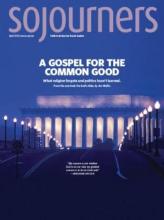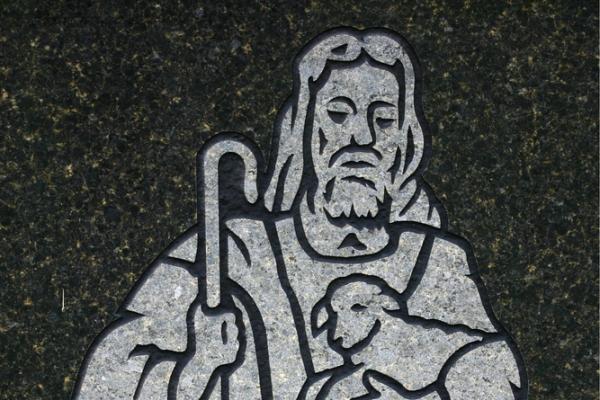WHEN POPE BENEDICT XVI unexpectedly announced his resignation in mid-February, many expressed admiration for the decision's honesty and humility, and much speculation followed about the reasons for it—and the consequences it would have.
As transition takes shape in the Vatican, Catholics around the world are commemorating the 50th anniversary of the Second Vatican Council, which took place from 1962 to 1965 and which redefined the church's relationship to the world. Vatican II's final document said: "This council can provide no more eloquent proof of its solidarity with, as well as its respect and love for the entire human family with which it is bound up, than by engaging with it in conversation about these various problems," referring in part to the "profound and rapid changes ... spreading by degrees around the whole world." Half a century ago, few could have predicted the dramatic changes that were to follow in science, technology, global integration, and social mores.
Catholics know that in the last 50 years the institutional church has been at the forefront of calls for a more just, compassionate, and sustainable world. Catholic social and ecological teaching is well developed and clearly articulated. The church has offered analysis and challenging proposals for financial reform, arms control, care for creation, and multilateral political structures of accountability in response to globalization.
We want the new pope to continue, deepen, and make much more visible—including to Catholics around the world—the church's prophetic work for social and economic justice, for environmental sustainability, and for wise, just, and inclusive peace. We want the new pope to engage the Islamic world, respectfully cooperating in response to orchestrated fear, enemy-making, and all forms of religious extremism. We want him to promote cultures of peace in a world that is increasingly violent. We want him to be open to new cosmological insights that are transforming human consciousness; shifting our understanding of earth community and of our planet's place in the vast, expanding universe; and maturing our reflections on the One who is Creator, Incarnation, and Spirit of love.
Read the Full Article

